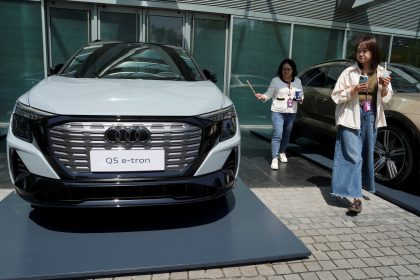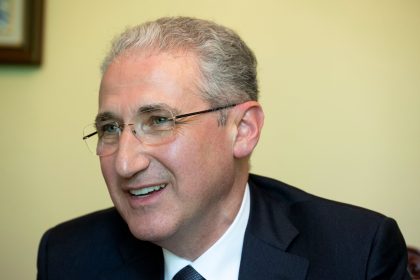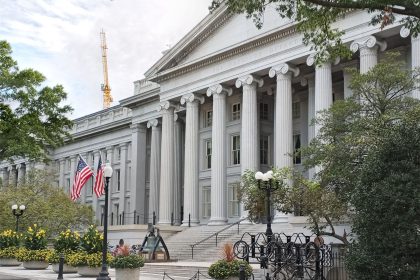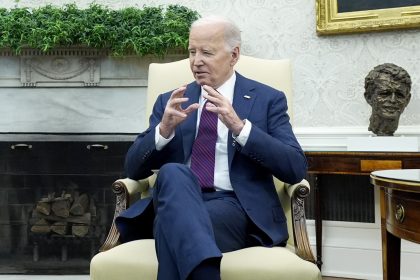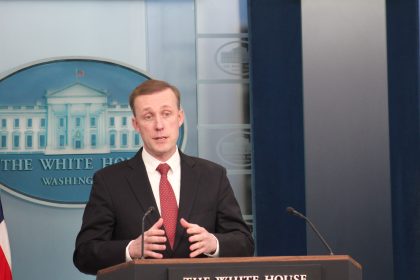Russia Won’t Rule out Military Deployment to Cuba, Venezuela
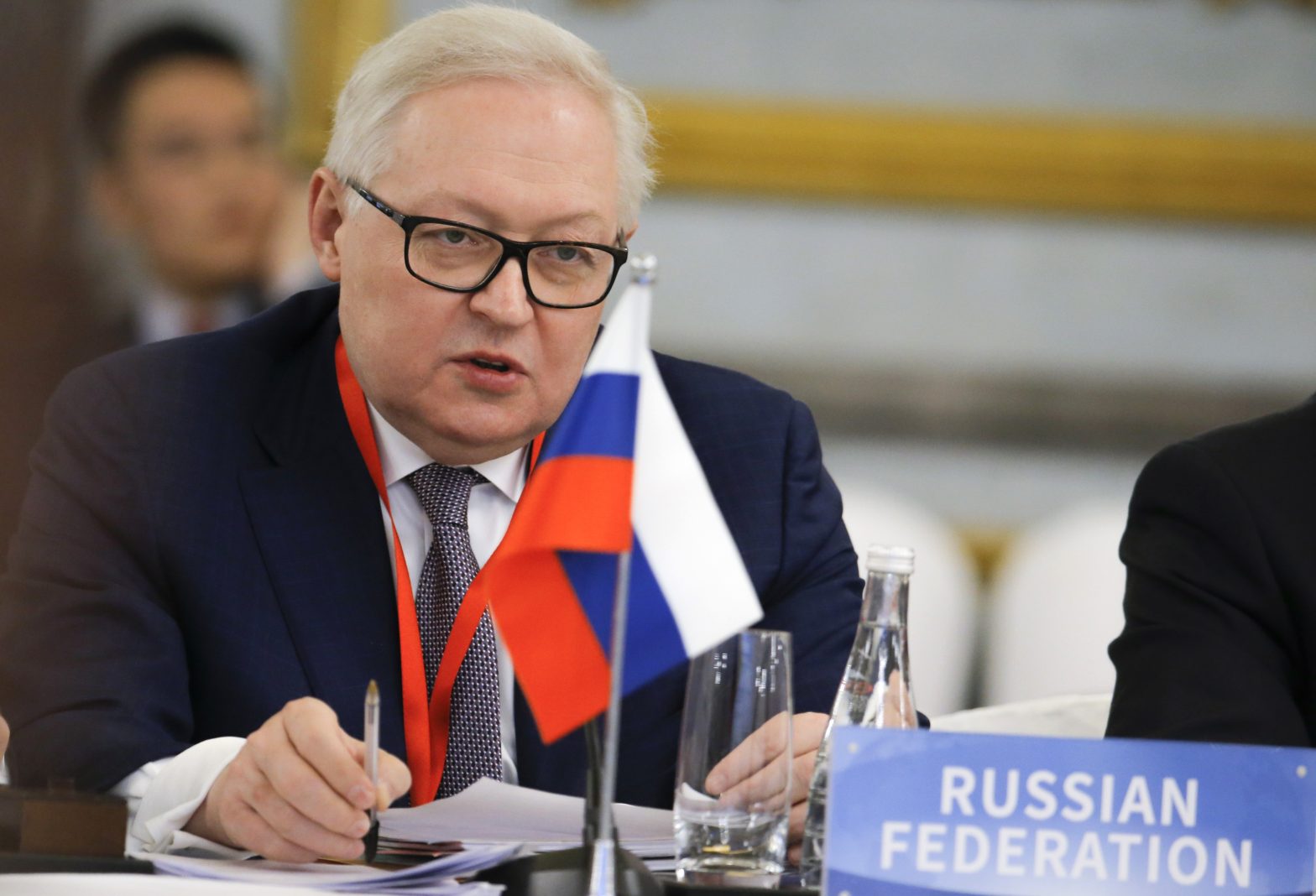
MOSCOW (AP) — Russia on Thursday sharply raised the stakes in its dispute with the West over Ukraine, with a top diplomat refusing to rule out a Russian military deployment to Cuba and Venezuela if tensions with the United States mount.
Deputy Foreign Minister Sergei Ryabkov, who led the Russian delegation in Monday’s talks with the U.S. in Geneva, said in televised remarks that he would “neither confirm nor exclude” the possibility that Russia could send military assets to Cuba and Venezuela if the talks fail and U.S. pressure on Russia mounts.
The negotiations in Geneva and Wednesday’s NATO-Russia meeting in Vienna failed to narrow the gap on Moscow’s security demands amid a buildup of Russian troops near Ukraine. While Moscow demanded a halt to NATO expansion, Washington and its allies firmly rejected that as a nonstarter.
Speaking in an interview with Russian RTVI TV, Ryabkov noted that “it all depends on the action by our U.S. counterparts,” pointing to Russian President Vladimir Putin’s warning that Moscow could take military-technical measures if the U.S. provokes the Kremlin and turns up military pressure on it.
While voicing concern that NATO could potentially use Ukrainian territory for the deployment of missiles capable of reaching Moscow in just five minutes, Putin noted that Russian warships armed with the latest Zircon hypersonic cruise missile would give Russia a similar capability if deployed in neutral waters.
Ryabkov’s statement followed his comments last month in which he compared the current tensions over Ukraine with the 1962 Cuban Missile Crisis.
That crisis erupted when the Soviet Union deployed missiles to Cuba and the U.S. imposed a naval blockade of the island. U.S. President John F. Kennedy and Soviet leader Nikita Khrushchev agreed to defuse tensions by making a deal for Moscow to withdraw its missiles in exchange for Washington’s pledge not to invade Cuba and the removal of U.S. missiles from Turkey.
Ryabkov said a refusal by the U.S. and its allies to consider the key Russian demand for guarantees against the alliance’s expansion to Ukraine and other ex-Soviet nations makes it hard to discuss such issues as arms control and confidence-building steps that Washington says it’s ready to negotiate.
“The U.S. wants to conduct a dialogue on some elements of the security situation ,,, to ease the tensions and then continue the process of geopolitical and military development of the new territories, coming closer to Moscow,” he said. “We have nowhere to retreat.”
Ryabkov’s comments mark the first time during the current tensions over Ukraine when a senior official mentioned the possibility of Russian military deployments to the Western hemisphere.
In December 2018, Russia briefly sent a pair of its nuclear-capable Tu-160 bombers to Venezuela in a show of support for Venezuelan President Nicolas Maduro amid Western pressure.
Soon after his first election in 2000, Putin ordered the closure of a Russian electronic surveillance facility in Cuba during a period of rapprochement with the West, but Moscow has intensified contacts with Cuba in recent years as tensions with the U.S. and its allies mounted.
Kremlin spokesman Dmitry Peskov noted “some positive elements and nuances” during the talks, but described them as “unsuccessful” because of stark disagreements on Russia’s key demands.
“The talks were initiated to receive specific answers to concrete principal issues that were raised, and disagreements remained on those principal issues, which is bad,” he said in a conference call with reporters.
Peskov warned of a complete rupture in U.S.-Russian relations if proposed sanctions targeting Putin and other top civilian and military leaders are adopted. The measures, proposed by Senate Democrats, would also target leading leading Russian financial institutions if Moscow sends troops into Ukraine.
Peskov criticized the proposals as an attempt to up the pressure on Moscow during the talks, saying it wouldn’t work.
“It concerns sanctions, which taking into account the inevitable adequate response, effectively amount to an initiative to rupture relations,” he warned, adding that Russian will respond in kind to protect its interests.
The talks come as an estimated 100,000 combat-ready Russian troops, tanks and heavy military equipment are massed near Ukraine’s eastern border. The buildup has caused deep concerns in Kyiv and the West that Moscow is preparing for an invasion. Russia denies that and in turn accuses the West of threatening its security by positioning military personnel and equipment in Central and Eastern Europe.
Peskov rebuffed the West’s calls for Russia to help de-escalate tensions by pulling back troops from areas near Ukraine, noting that the country is free to move them wherever it wants on its own territory.
“It’s hardly possible for NATO to dictate to us where we should move our armed forces on Russian territory,” he said.
Peskov underscored that Russia is ready to continue the talks but wants them to produce results. “There will be no deficit of a political will to continue the negotiations,” he said.
Tensions revolving around Ukraine and Russia’s demands on the West again appeared on the table at Thursday’s meeting of the Organization for Security and Cooperation in Vienna.
Polish Foreign Minister Zbigniew Rau, who assumed the position of the OSCE Chairman-in-Office, noted in his opening speech that “the risk of war in the OSCE area is now greater than ever before in the last 30 years.”
“For several weeks, we have been faced with the possibility of a major military escalation in Eastern Europe,” he said.
In 2014, Russia annexed Ukraine’s Crimean Peninsula after the ouster of its Moscow-friendly leader and threw its weight behind a separatist insurgency in the country’s east, where over 14,000 people have been killed in more than seven years of fighting.
___
Emily Schultheis reported from Vienna.

















